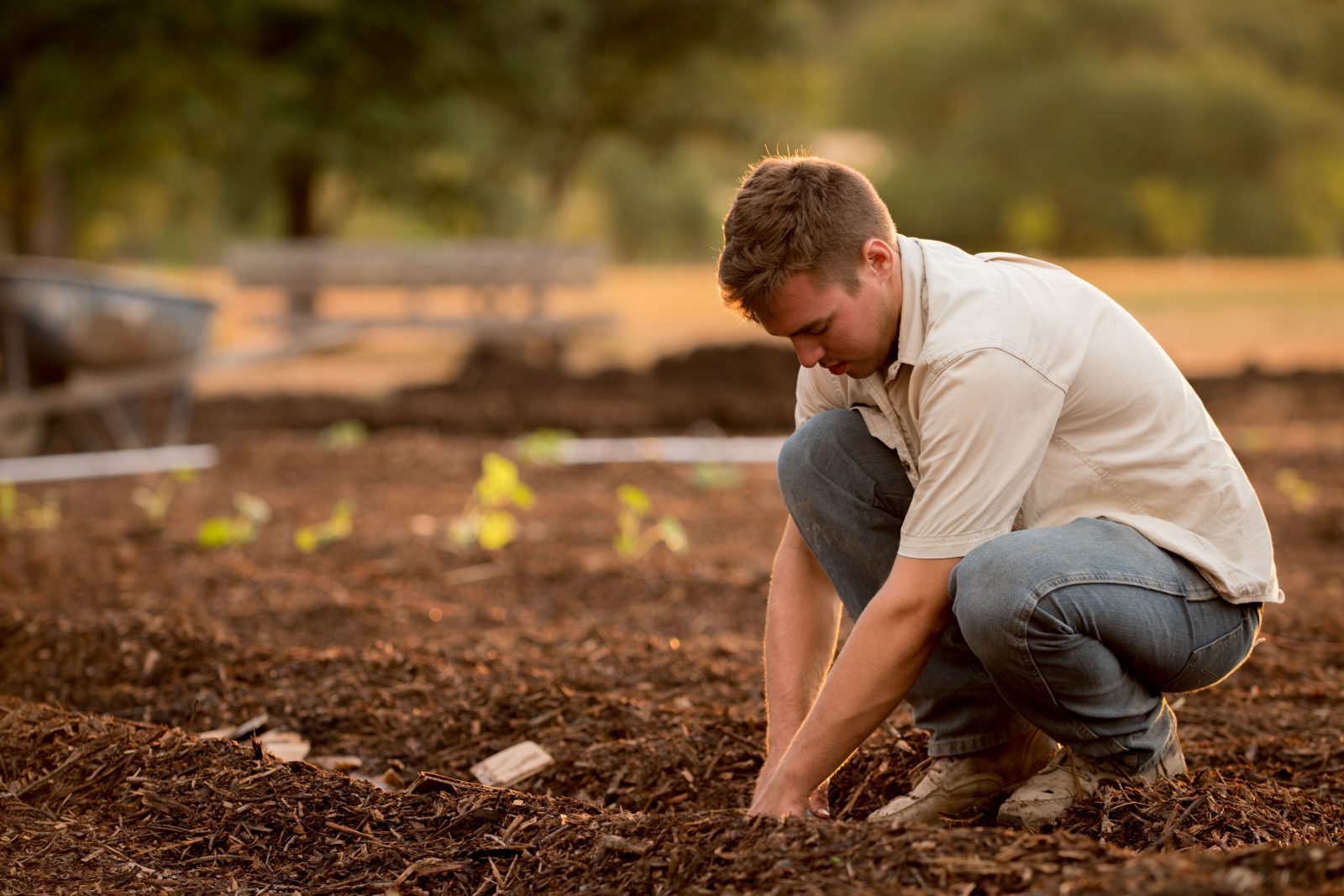Did you know that our most basic foods could be totally consumed around the world in just a few months?
This is why governments everywhere have labeled agriculture an “essential” activity during the Covid-19 crisis.
It was gratifying to see this appreciation during the social and economic lockdowns because farmers are often overlooked or even abused.
I hope the awareness of what farmers do continues after we recover from the pandemic.
Over the last several months, we’ve learned to live without a lot of the things that we once took for granted, such as sports, dining in restaurants, and going to church. The rules have varied from country to country, but we’ve all learned to cope with new restrictions so that we can prevent the transmission of a dangerous disease.
The events of 2020 have inspired us to recognize what we truly need: medical care, fresh water, energy generation and distribution, connectivity, and basic government services, such as police and fire protection.
The most essential of all, however, may be the production of food. We simply can’t live without it.

In normal times, most consumers understand their food comes from farms. They may even know that moving it from farm to fork requires a massive infrastructure starting with science and innovative technology support for farmers to global trading networks and supply chains. But they don’t think about it too much.
 And that’s okay. Just a few generations ago, the majority of people in even the most advanced societies were involved in food production. This was a simple matter of survival. One of the miracles of our global economy is that today, thanks to a science-based, efficient global food system that produces food, feed, fiber and energy for all, most people can devote their time to other things, such as going to college, building businesses in their homes, and working in labs where they can test vaccines for Covid-19.
And that’s okay. Just a few generations ago, the majority of people in even the most advanced societies were involved in food production. This was a simple matter of survival. One of the miracles of our global economy is that today, thanks to a science-based, efficient global food system that produces food, feed, fiber and energy for all, most people can devote their time to other things, such as going to college, building businesses in their homes, and working in labs where they can test vaccines for Covid-19.
Yet we’re closer to the edge of the precipice than we may realize. The relationship between stock and consumption offers a good illustration. For example, a staple food such as corn, wheat, or rice. The global stock of these farm products is generally the equivalent of about two to four months of consumption. In other words, if all agricultural production halted today, we would have two to four months of supply before humanity runs out of these foods.
The consequences of that would be catastrophic, and far beyond anything we’ve endured in 2020.
We disrupted our lives in a fundamental way this year because of a coronavirus whose fatality rate is difficult to calculate but appears to be less than 1 percent. It may even be a lot less than 1 percent.
A severe food shortage would be much deadlier.
Realizing the important role agriculture provides to humanity, the good news is that farmers have kept on planting and harvesting. We’ve suffered a few inconveniences because of supply-chain disruptions as well as some turbulence in food prices, but the basics of agriculture have remained the same.
Farmers like me are still growing food.
 In fact, we’re growing a lot of it: As an example, the global annual total of major cereals and oilseeds production and consumption is around three billion metric tons per year. This means that we’re producing and consuming around eight million tons of these products each day.
In fact, we’re growing a lot of it: As an example, the global annual total of major cereals and oilseeds production and consumption is around three billion metric tons per year. This means that we’re producing and consuming around eight million tons of these products each day.
Despite this essential contribution to the world’s wellbeing, farmers in recent years have come under enormous criticism. We’re often held highly responsible for a significant increase in greenhouse gases and their contribution to climate change. Yet the Covid-19 lockdowns have provided indirect evidence to suggest that our critics may have overstated these effects. During the pandemic, in what amounts to both an unprecedented experiment and a unique opportunity, farmers have continued to work while other industries, manufacturing and even transportation in cars and planes have slowed or stopped-and satellite images reveal that air pollution and the greenhouse gas emissions held responsible for climate change-has dropped dramatically.
These observations and findings deserve more study before drawing any final conclusions, but they do suggest that farmers, relative to other activities, aren’t quite the menace that some people had feared.
 Our farming operations are not just essential but also constantly evolving to even higher levels of science-based efficiency and sustainability, while using even less inputs. In the future, they’ll become even more sustainable, as practices such as no-till farming (conservation agriculture) spread and innovative crop technologies help us to grow more food per hectare and per capita basis, requiring even less land already suitable for farming.
Our farming operations are not just essential but also constantly evolving to even higher levels of science-based efficiency and sustainability, while using even less inputs. In the future, they’ll become even more sustainable, as practices such as no-till farming (conservation agriculture) spread and innovative crop technologies help us to grow more food per hectare and per capita basis, requiring even less land already suitable for farming.
Let’s remember that our food is never more than two to four months away from vanishing. Farmers-our most essential workers-must have the tools and encouragement they need at all times to continue producing it.

